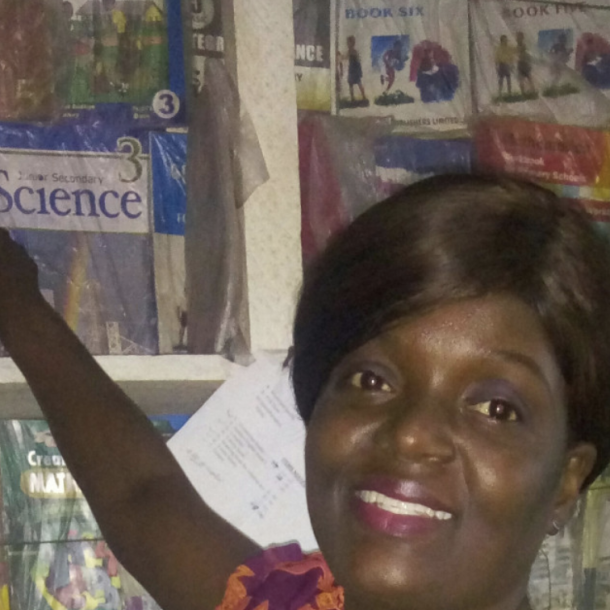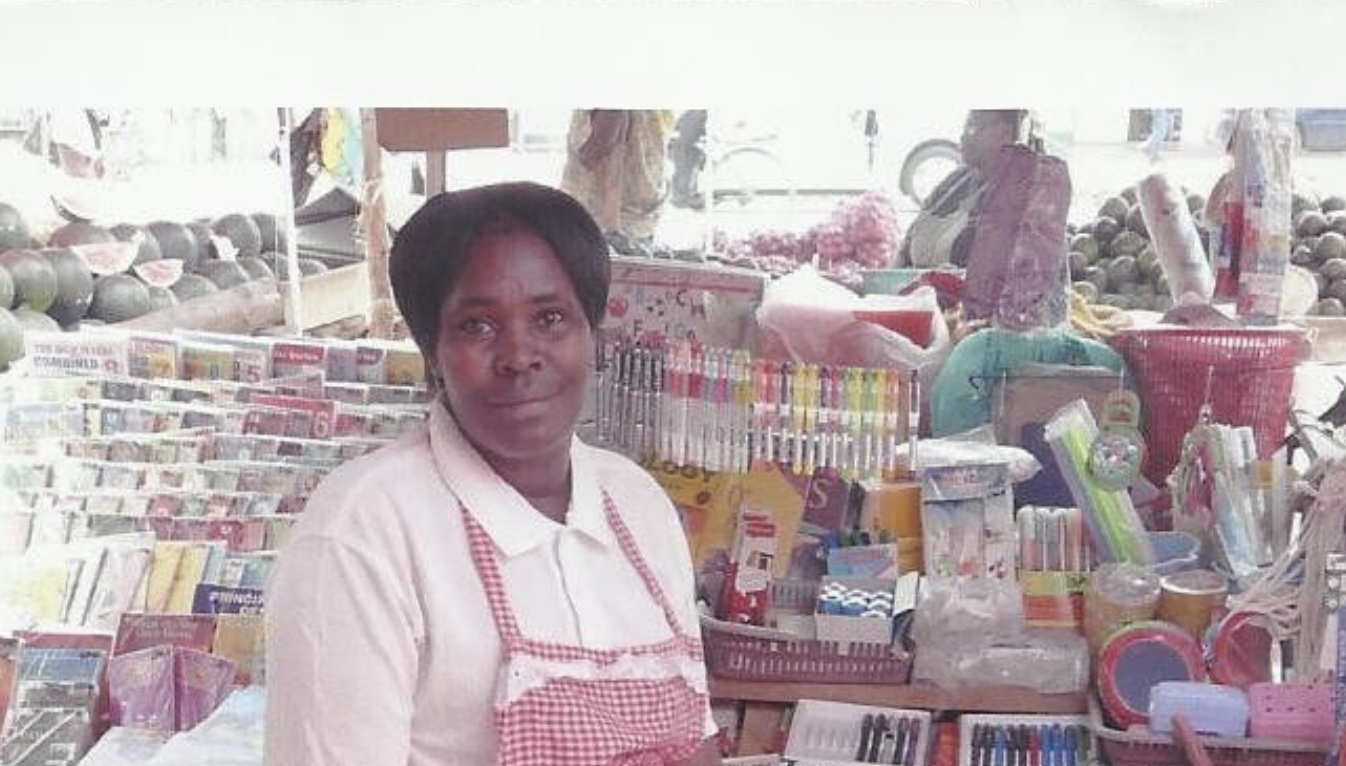Hello Lenders,
My name is Vivien Barbier and I‘m a client relationship intern for Zidisha in Kenya. Wednesday, I visited Mrs Dorcas Wambui and her business in Kipatanganyi market.


Mrs Wambui runs two different businesses, during the week she sells vegetable on the market place but on Saturday she transforms her stand in a second-hand clothes boutique. Saturday is the big market day in Kiptangwanyi, many traders and farmers come there to sells farm products. To avoid the tough competition with these others seller, she decided on this day to sells clothes instead of vegetables. This business is also much more profitable since she sometimes manages to make more profit on a single Saturday than during the whole week.
Running to different business has also other advantages, since many villagers are also farmers they tend to grow they own vegetables. It create season, where Mrs Wambui vegetable business is not profitable. But during the same time, since farmers don‘t have to buy vegetables, they have more money to spend on other products like clothes. Using this combination of activity, Mrs Wambui manages to suppress the effect of these businesses cycles on her revenue and success in maintaining profit relatively stable over the year.
After receiving her loan, she decided to invest half of the money in her clothes business and to send the other half of the money to her first-born son, who runs a similar shop in Nairobi. This way, she can reduce the risk of the investment and help her son at the same time. They both used the loan to increase their stock.
Mrs Wambui has 8 children, two girls and six boys. Her two daughters are already married and have moved with her husbands in other part of Kenya. Her two older sons are now working in Nairobi, so she had to support her four other sons, two of whom are now students.
Before joining Zidisha, she was a client of another organization that requested 24% interest. It was then very difficult for her business to be profitable enough to grow or to pay for her children‘s education. She is very thankful to lenders to have helped her so much. She says that things are getting better for her now and that she hopes that Zidisha will help her to grow her business further.
Mrs Wambui is a very likable women, she is smiling all the time. I always had the impression that she was about to tell me a joke. Since I visited her on Wednesday, she was not selling clothes but organized a role-play with her friends in the market so that I could take a picture of “customer” buying her clothes.


